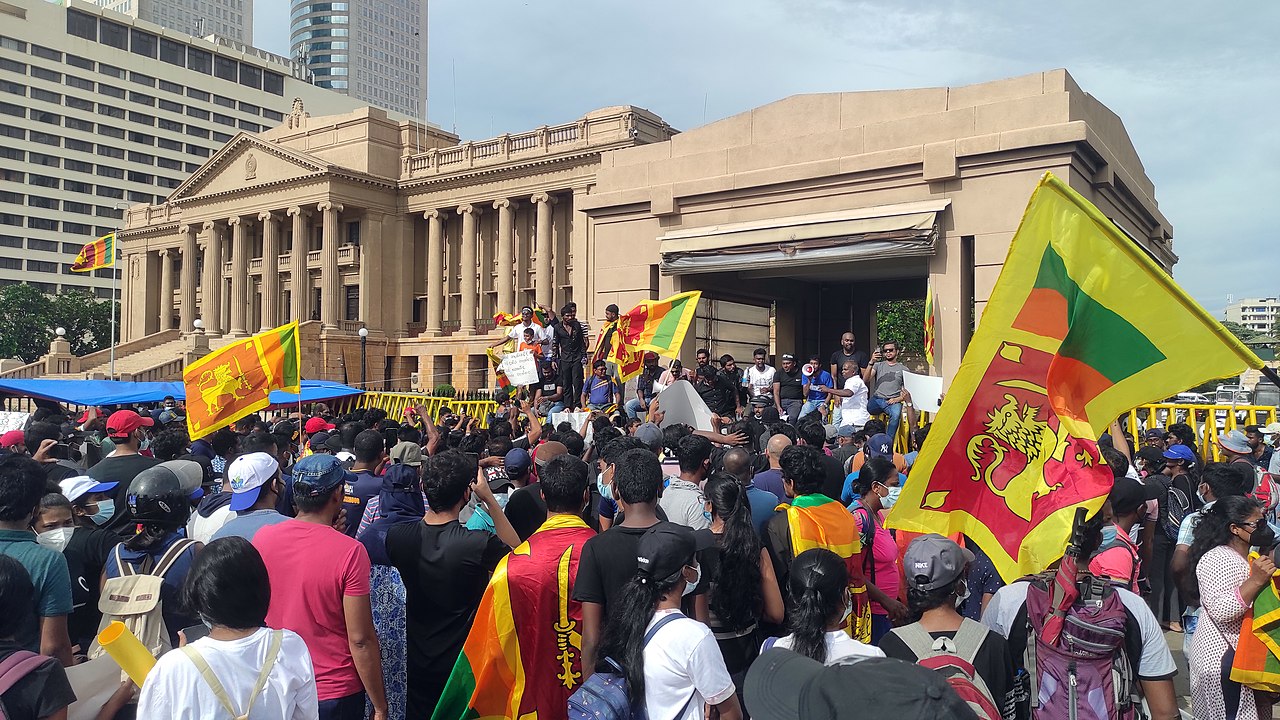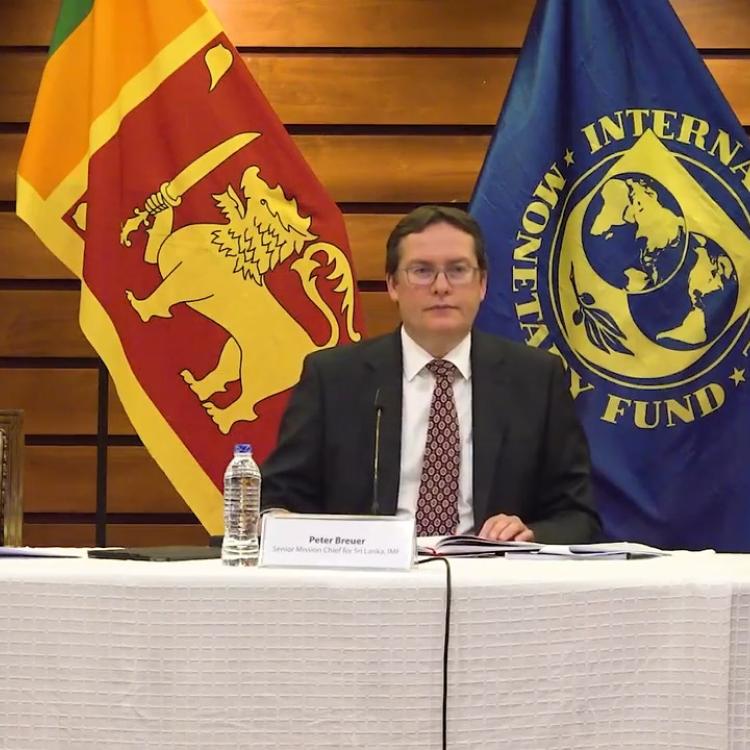
Sri Lanka’s State Finance Minister, Shehan Semasinghe warned of an imminent economic collapse if parliament is dissolved and a third review of the much-needed International Monetary Fund (IMF) loan is not completed.
Semasinghe stressed that abandoning the deal would jeopardize Sri Lanka's recovery, potentially dragging the country into a crisis similar to the one it faced in 2022.
“We must adhere to what we have agreed. We cannot unilaterally deviate from the program, as that would effectively mean walking out of the agreement,” Semasinghe told reporters during an event in Colombo. “If that happens, Sri Lanka could easily return to the conditions we faced in 2022.”
Presidential candidates Sajith Premadasa and Anura Kumara Dissanayake have both vowed to reconsider the terms of the IMF agreement, particularly criticizing the tax policies, which they argue disproportionately affect the poorest citizens. Both have expressed a desire to revise these terms in order to reduce austerity measures. Additionally, they have pledged to dissolve parliament if elected as Sri Lanka's 9th President, with Dissanayake stating he would call for a parliamentary election that very day.
Semasinghe also pointed out that President Ranil Wickremesinghe has no plans to dissolve parliament and will continue with the current program until the IMF’s third review in October. Under Wickremesinghe, two IMF reviews have been completed, and three tranches of a $3 billion loan have been disbursed. Following the 2022 Aragalaya protests, the IMF became a financial lifeline for Sri Lanka, providing crucial funding to help alleviate severe shortages of medicine, fuel, and food.
The country also risks delays in debt restructuring and financing from multilateral lending agencies, such as the World Bank and the Asian Development Bank, if the IMF program is disrupted due to renegotiations.


